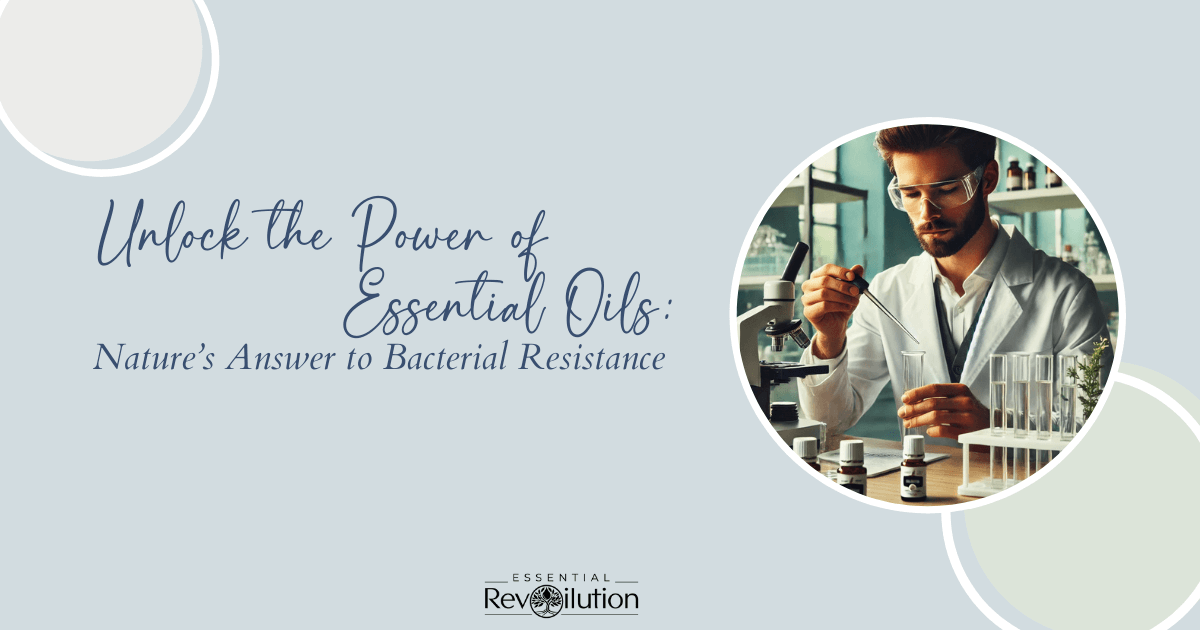
Essential oils aren’t just for relaxation—they hold powerful antibacterial properties that could revolutionize natural medicine! 🌿🔬 This review dives deep into how essential oils combat bacterial infections, making them a potential alternative to synthetic antibiotics in a world facing increasing drug resistance.
What You’ll Discover in This Paper:
🔥 Why Essential Oils Work – Learn about their natural microbial fighting compounds like terpenoids and phenylpropanoids that fight bacteria.
🦠 How They Combat Superbugs – Explore how essential oils are showing promise against resistant bacteria like MRSA and E. coli.
🌱 Factors That Affect Their Potency – Discover how plant species, extraction methods, and even climate impact their germ fighting strength.
💡 Synergistic Effects – See how combining different essential oils can enhance their effectiveness, making them even more powerful!
🦠 How They Combat Superbugs – Explore how essential oils are showing promise against resistant bacteria like MRSA and E. coli.
🌱 Factors That Affect Their Potency – Discover how plant species, extraction methods, and even climate impact their germ fighting strength.
💡 Synergistic Effects – See how combining different essential oils can enhance their effectiveness, making them even more powerful!
💡 Key Takeaways:
Essential oils aren’t just ancient remedies; they are scientifically proven to possess strong bacterial and fungal fighting abilities, and may be a saving grace against viruses. Researchers are investigating their potential to develop natural, plant-based germ fighters—a game-changer in healthcare!
Essential oils aren’t just ancient remedies; they are scientifically proven to possess strong bacterial and fungal fighting abilities, and may be a saving grace against viruses. Researchers are investigating their potential to develop natural, plant-based germ fighters—a game-changer in healthcare!
📖 If you’re passionate about natural health and holistic wellness, this paper is a must-read! It unveils the science behind essential oils and their role in fighting bacteria naturally. Are essential oils the future of medicine? Dive in and decide for yourself! 🌿✨
Click here for the full PDF: ESSENTIAL_OILS_AND_ITS_ANTIBACTERIAL_PRO.pdf
Want a little more info to help figure out what all that scientific jargon is all about? Let's take a little closer look.
Why Do Essential Oils Fight Bacteria and Microbes So Well?
Essential oils are nature’s built-in defense system for plants, helping them fight off bacteria, fungi, and other harmful microbes. But what makes them so effective for humans too? Here’s a simple breakdown:
1. Powerful Natural Compounds 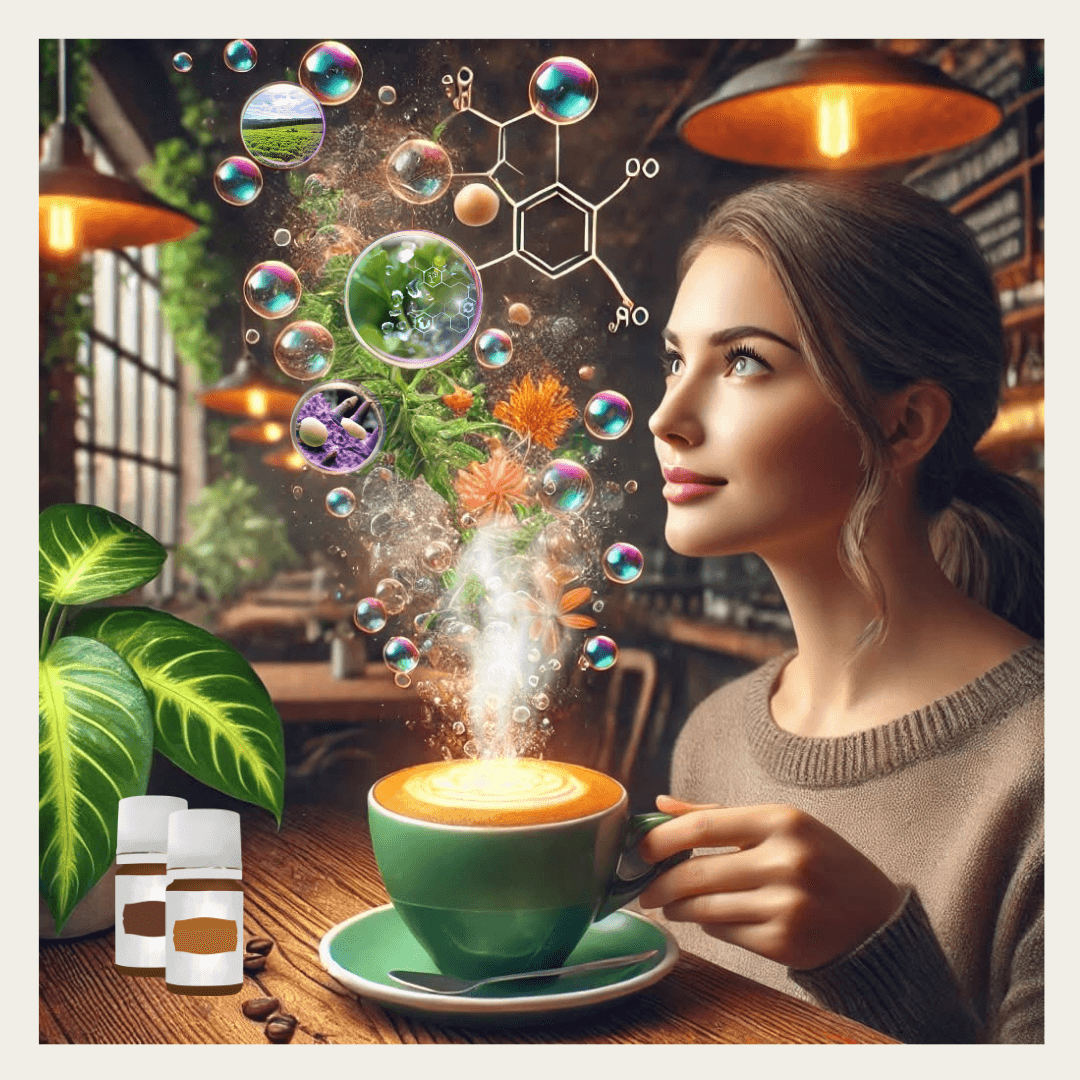
Essential oils contain special plant chemicals, like terpenoids and phenylpropanoids, that have strong bacteria fighting properties. These compounds can:
✔️ Break down bacterial cell walls, making it easier to kill harmful bacteria.
✔️ Disrupt bacteria’s ability to grow and multiply, stopping infections before they spread.
✔️ Interfere with bacteria’s energy production, essentially "starving" them.
✔️ Break down bacterial cell walls, making it easier to kill harmful bacteria.
✔️ Disrupt bacteria’s ability to grow and multiply, stopping infections before they spread.
✔️ Interfere with bacteria’s energy production, essentially "starving" them.
2. No Room for Resistance
Unlike antibiotics, which target one specific bacterial process (allowing bacteria to develop resistance over time), essential oils attack bacteria in multiple ways at once. This makes it much harder for bacteria to adapt and survive.
3. Broad-Spectrum Protection
Essential oils don’t just work on one type of bacteria—they fight a wide range of harmful microbes, including resistant superbugs like MRSA and E. coli. This makes them a promising natural alternative to synthetic antibiotics.
4. Synergy: The More, The Merrier
Some essential oils, like oregano, thyme, and clove, are even more powerful when combined. Their active compounds work together, making them stronger than when used alone. This means a blend of oils can create an even greater antibacterial effect.
Bottom Line
Essential oils are potent, natural, and versatile defenders against bacteria and microbes. With growing concerns about antibiotic resistance, they offer a promising, plant-based way to support health and fight infections naturally! 🌿✨


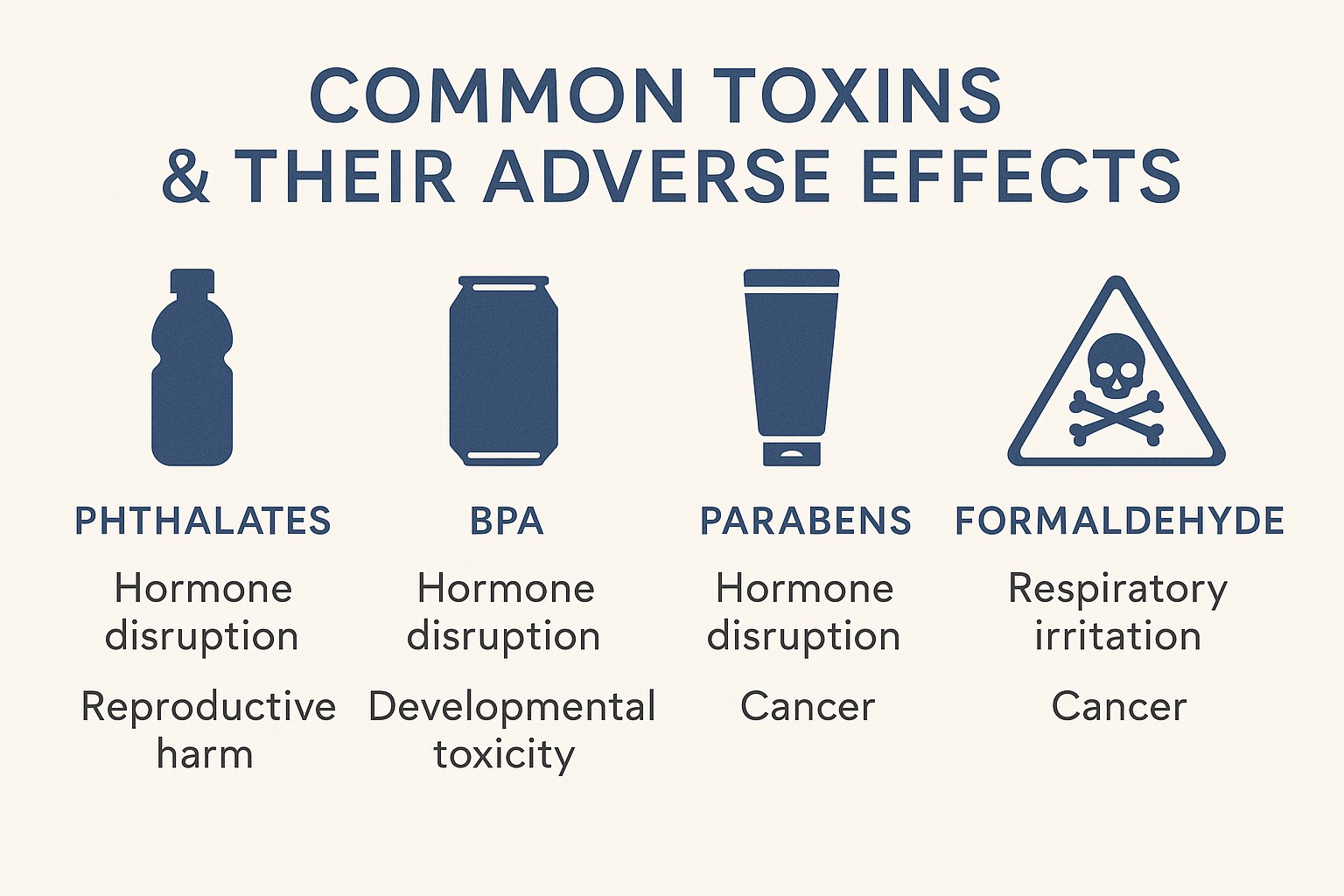
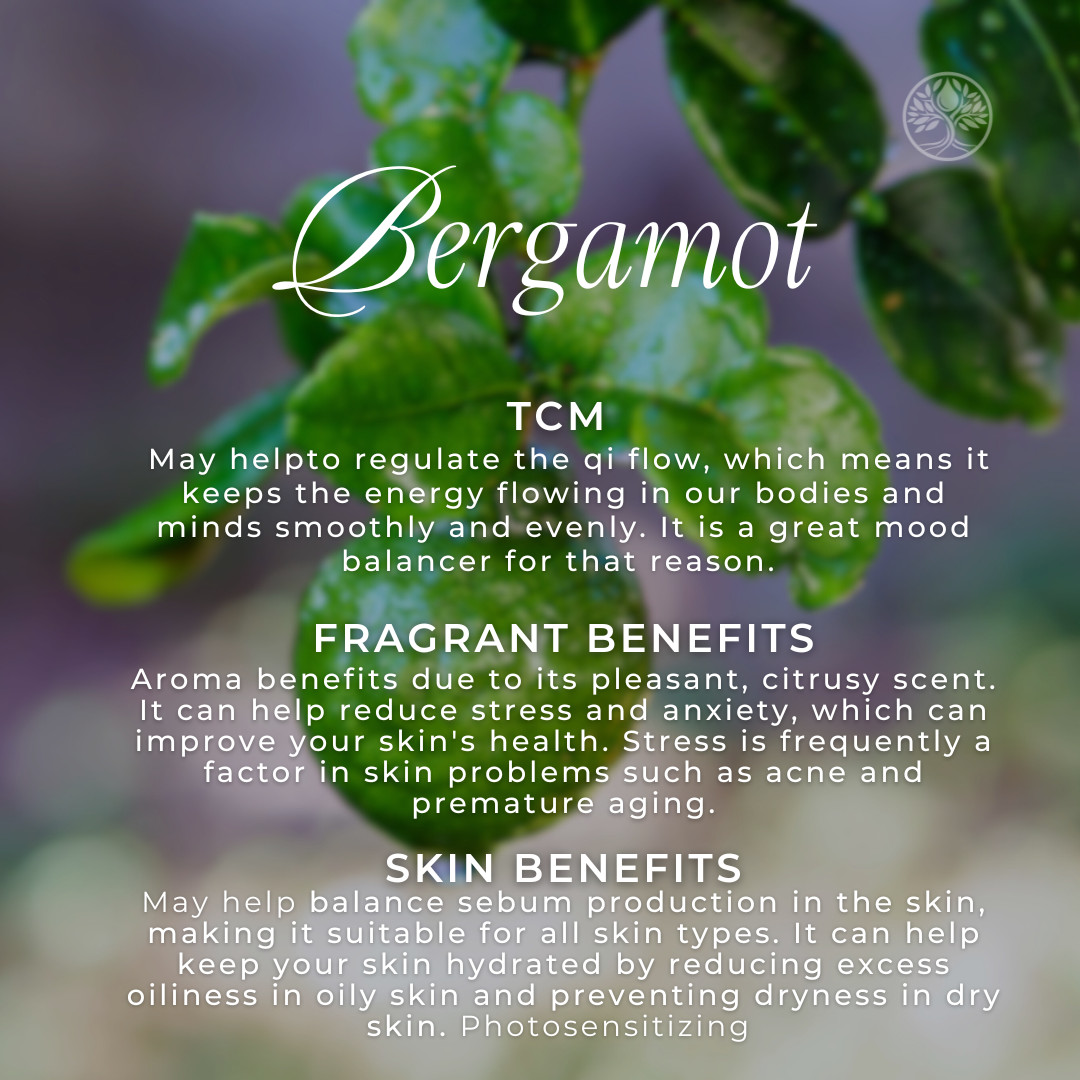
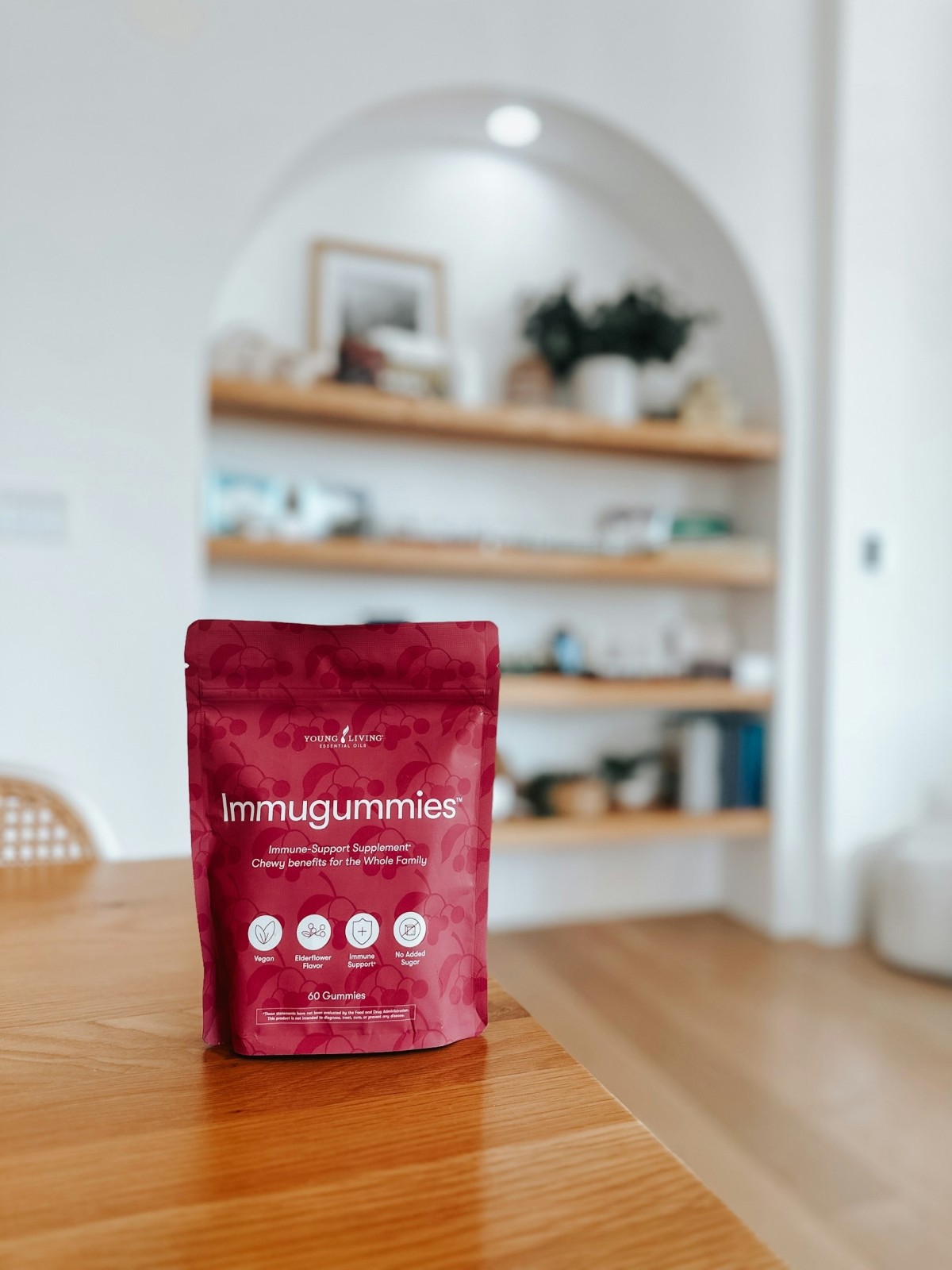
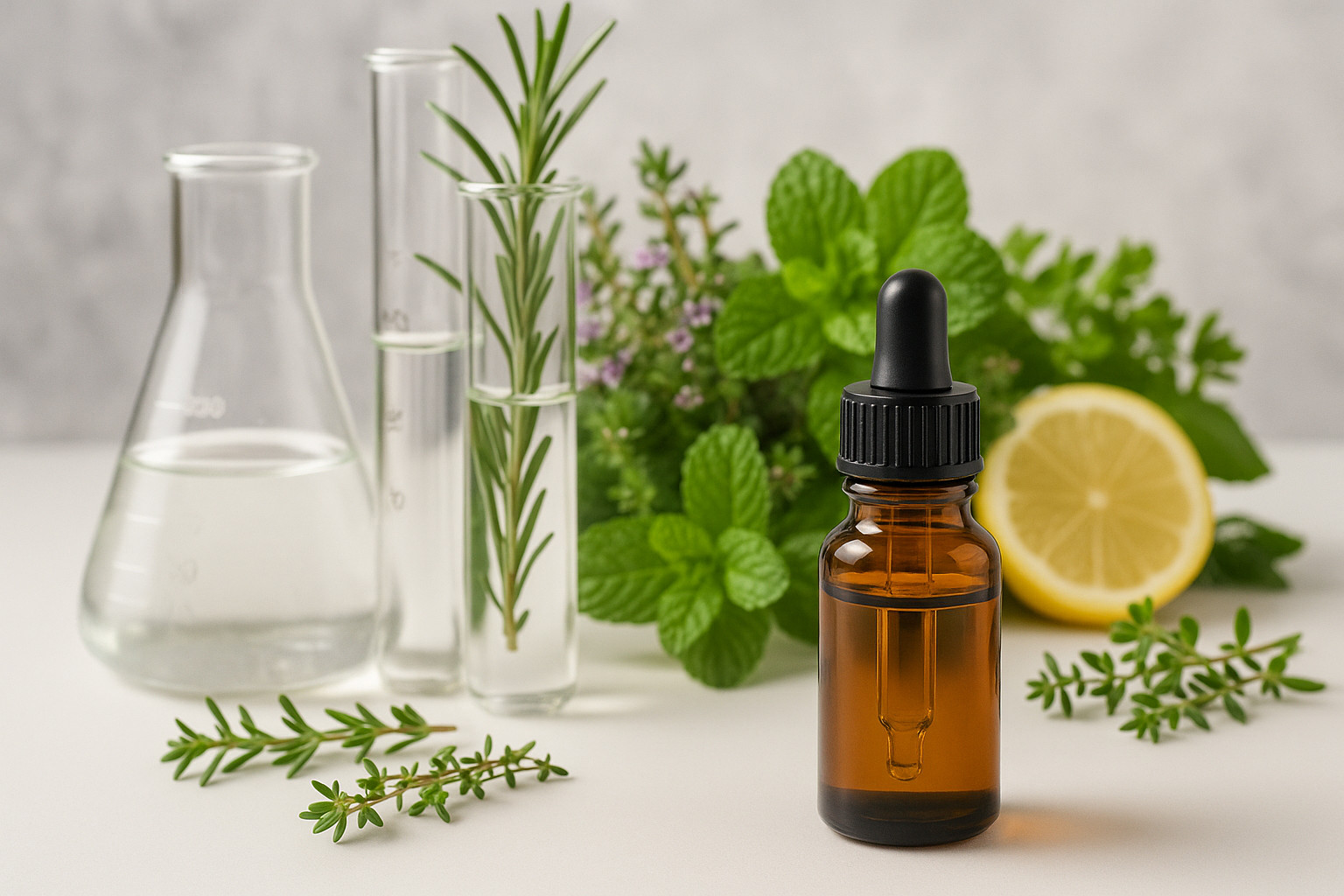




0 Comments